Expert advice on maintaining composure and ensuring safety during international police stops.
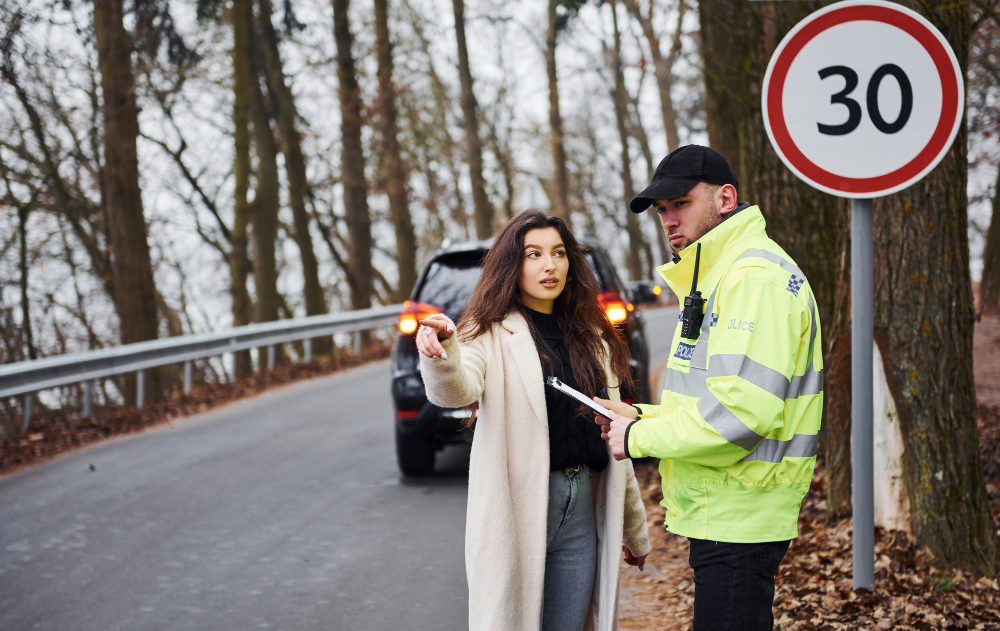
Encountering police while abroad can be intimidating, but staying calm is crucial for your safety. Understanding local legal rights, cultural norms, and proper communication can make these encounters smoother. Experts from organizations like the Department of State and the International Association of Chiefs of Police emphasize preparation and respectful compliance as key strategies to protect yourself and navigate these situations effectively.
1. Remain polite and respectful throughout the interaction with police officers.
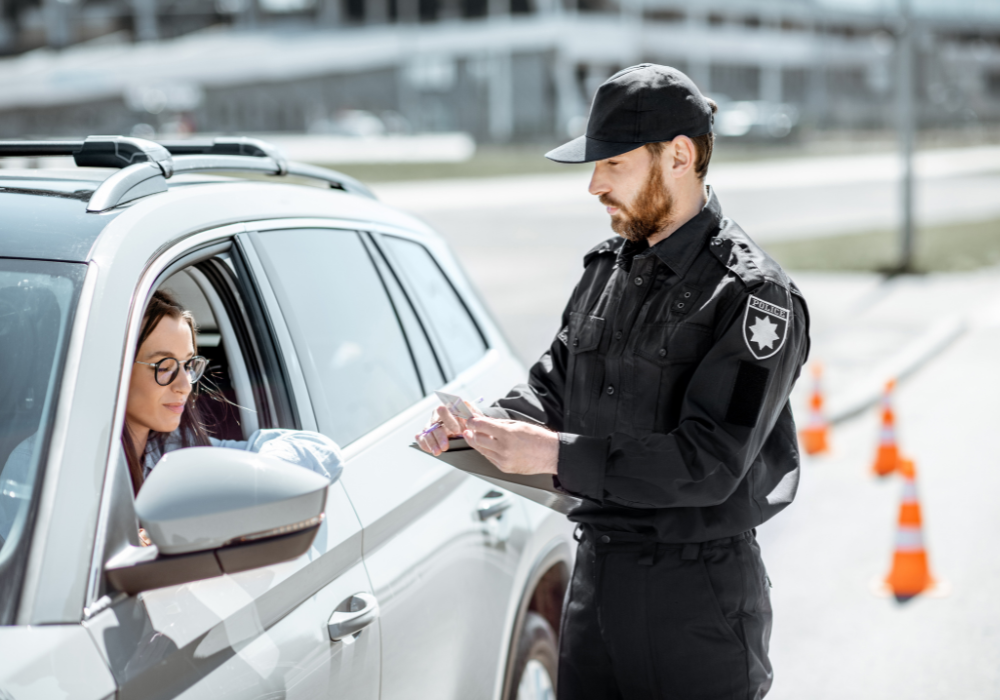
Being courteous and respectful during a police interaction helps to ease tension. By maintaining a calm demeanor, you signal cooperation and understanding, which can be crucial. A polite tone may not only prevent escalation but also help bridge cultural gaps, smoothing the exchange.
Understanding the cultural norms in the country you’re visiting can further smooth interactions. Different cultures may have varied expectations around respect and politeness, which can influence outcomes. Familiarity with these nuances can give you an advantage in navigating complex situations without missteps.
2. Keep your hands visible and avoid sudden movements to prevent misunderstandings.
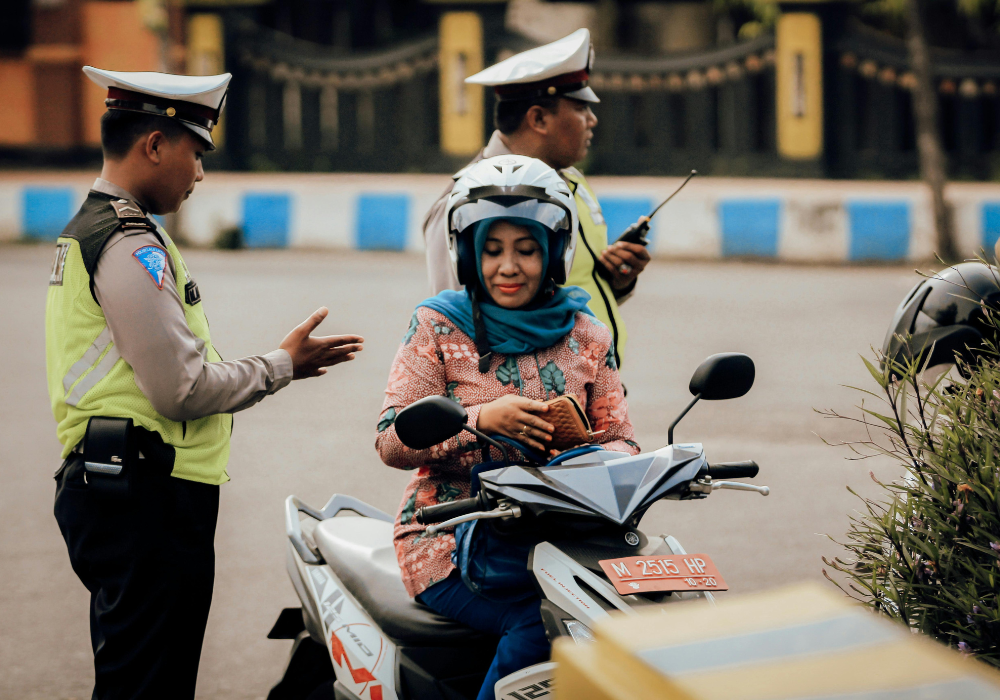
Making deliberate, visible movements keeps you safer by minimizing misunderstandings. Keeping your hands where police can see them helps establish trust. This small precaution reduces the risk of the situation becoming tense or unpredictable.
In an unfamiliar country, making conscious choices about your movements gains added importance. By avoiding quick gestures, you demonstrate awareness and respect for the officers’ perspective. The goal is to make the encounter as smooth and uneventful as possible.
3. Carry a copy of your passport and any required identification at all times.

Carrying a photocopy of your passport and identification ensures quick access to vital information. It serves as proof of your identity if requested midway. By having this document at hand, you minimize unnecessary complications during encounters.
In foreign lands where rules differ, the ease of presenting identification can be pivotal. Even a simple verification process can feel daunting when abroad. A paper trail simplifies the process, preventing delays and potential misunderstandings, reducing stress in novel surroundings.
4. Listen carefully to instructions and answer questions calmly and clearly.
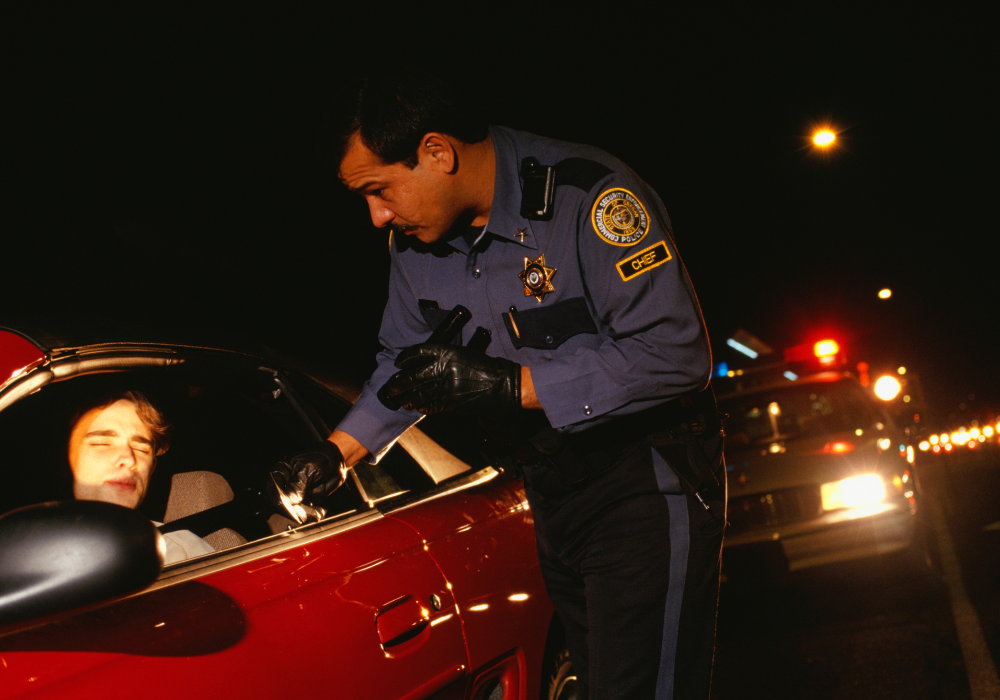
Listening attentively and responding clearly are critical during interactions. By focusing on the officer’s words, you avoid miscommunication that might arise from language barriers. Calm, precise answers indicate cooperation and clarity, which can be key in stressful situations.
Sharing concise responses also reflects your ability to comprehend and follow instructions. Even under pressure, a measured approach aids in managing interactions smoothly, preventing missteps. Remaining composed and focused reduces risks of escalating circumstances.
5. Avoid arguing or raising your voice, even if you feel stressed.
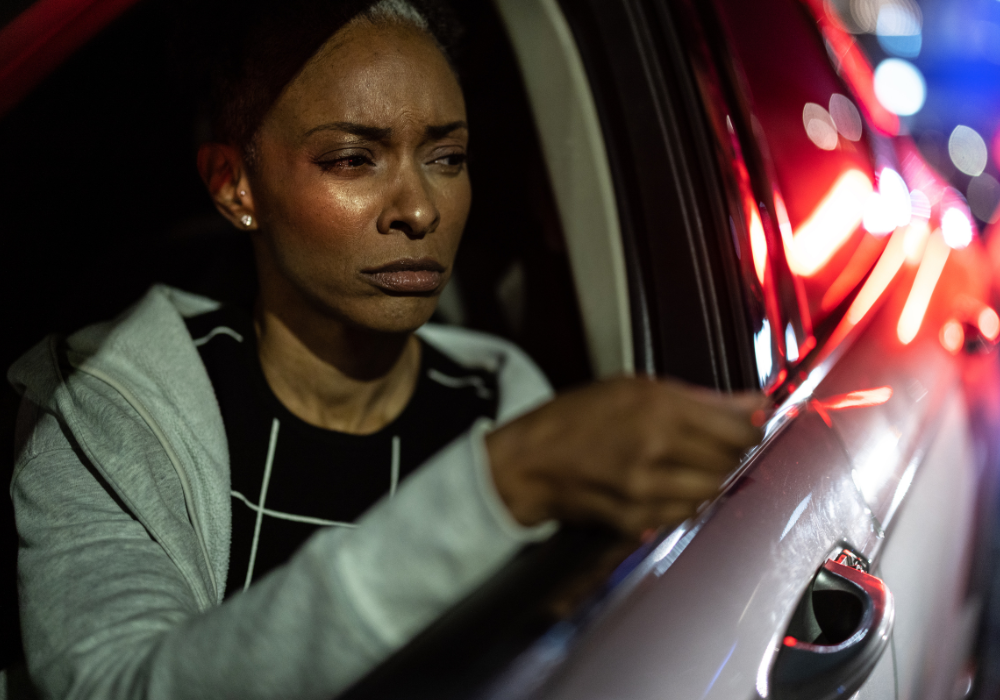
Suppressing the urge to argue keeps situations calm and manageable. When emotions run high, raising your voice can seem tempting but might aggravate issues. Remaining composed helps maintain balance and prevents situations from spinning out of control.
Despite feelings of frustration or stress, a steady demeanor remains advantageous. Power dynamics can shift unpredictably if tensions rise, making calmness a valuable tool. Engaging diplomatically often provides better long-term resolutions than heated exchanges ever could.
6. Know the local emergency numbers before traveling to stay prepared.

Knowing local emergency numbers prepares you for unexpected encounters. Having this information at your fingertips ensures you have backup in case of an incident. Pre-travel research pays off, allowing faster access to necessary help when needed.
Understanding the infrastructure of emergency response in a foreign place empowers travelers. Even in unsettling scenarios, preparedness offers a form of security. By being well-informed, you position yourself to reach out effectively without guessing or fumbling.
7. Do not offer bribes or gifts, as this can complicate the situation.

Offering bribes or gifts to police can complicate any situation profoundly. Though a gesture might seem innocuous, it’s often illegal and worsens predicaments. Officers may then see actions through a lens of suspicion rather than understanding.
An unintentional misstep can quickly escalate to legal troubles when cultural norms clash. Previous discussions may lack substance if compromised by assumptions of wrongdoing. Maintaining respect and transparency avoids elements of bribery, keeping situations clear and simple.
8. Request an interpreter if you do not understand the language being spoken.

If you struggle to understand the local language, asking for an interpreter can clarify interactions. Language differences can create misunderstandings that an interpreter bridges. A clear conversation paves the way for smooth, informed exchanges.
Bringing a language barrier into the light reflects proactive communication. Confidence in requesting assistance decreases chances of incorrect assumptions. A professional interpreter ensures both sides know pertinent information, lessening the margin for problematic errors.
9. Inform your embassy or consulate promptly if the situation escalates.
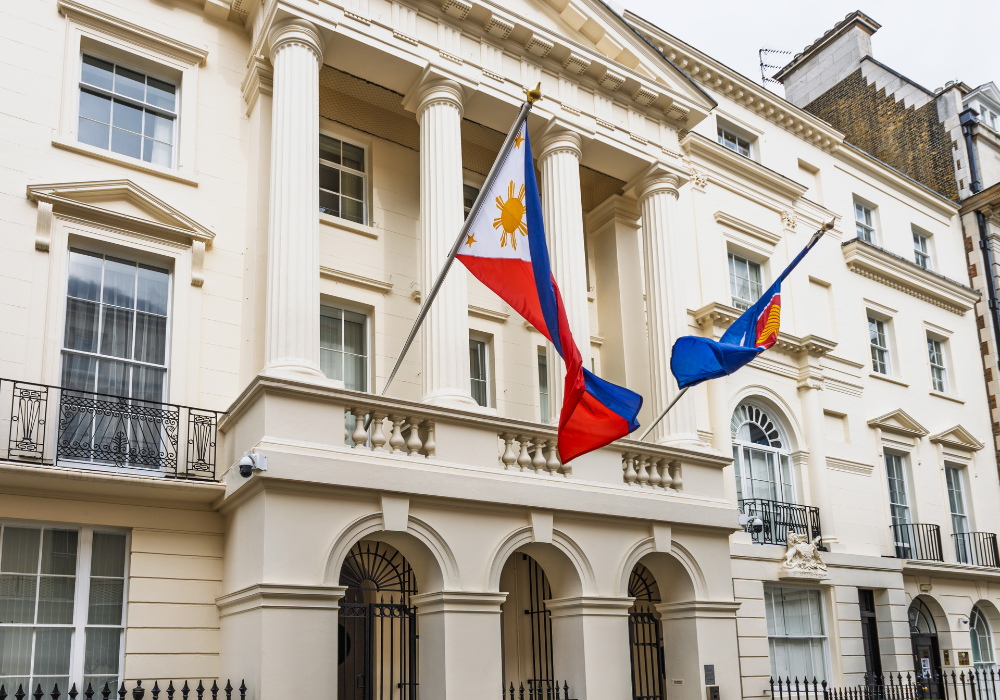
Reaching out to your embassy or consulate provides expert guidance when situations escalate. Such institutions are equipped to manage international legal matters, offering invaluable support. It’s an important safety net if you’re unfamiliar with local procedures.
Continuing to feel isolated amid complex scenarios can heighten anxiety. Embassies serve as conduits back to familiar ground and structured processes. Through appropriate channels, directives become clear, and paths to resolution appear less daunting.
